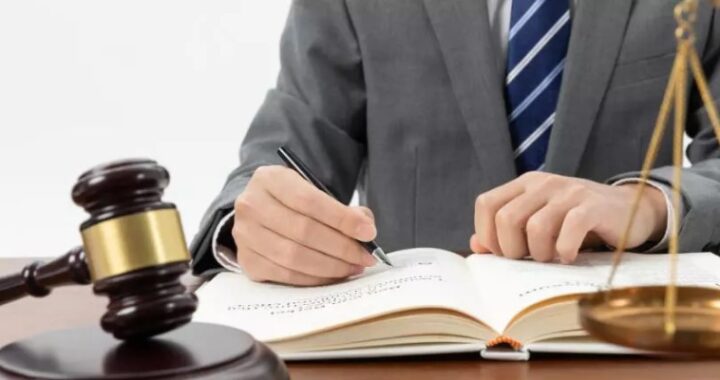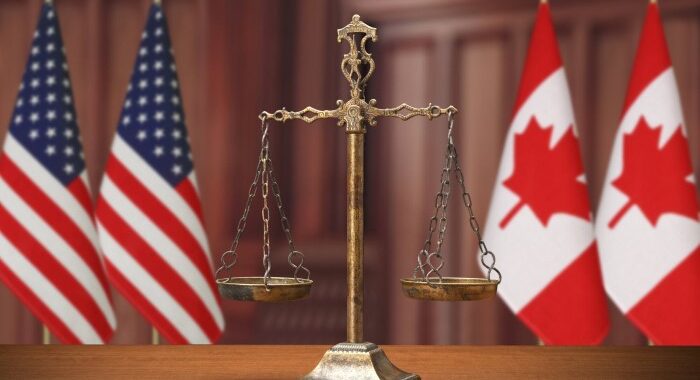Alorica Lawsuit

A New Lawsuit Offers Additional Protection Against Harassment
A new law that has recently been introduced in the state of California would make it a bit easier for victims of cell phone harassment to seek compensation. Currently, it is very difficult for victims to pursue these cases due to the complexity of the complaint and counter-complaint process. Under the new law, a victim who sends her complaint to a bank or a telecommunications carrier will not have to prove that the party’s conduct was done deliberately. Instead, the only requirement is that the victim has suffered some type of injury. This new measure is called the “habeasory notice” rule, which is part of the new federal cell phone harassment law that took effect in April.
The “habeasory notice” rule is a helpful addition to the state’s consumer rights law firm, which is what provides many victims with the necessary resources to pursue their lawsuits.
According to the new regulation, a victim need only send a “written demand” to the party accused of wrongdoing, which requests an investigation into the matter and a statement that details the alleged acts. If the party is unable to prove that the acts complained about occurred without knowledge or consent, then the plaintiff is not entitled to compensation under the state’s consumer rights laws. If, however, the lender can prove that the debtor knew about the conduct and did nothing to stop it, then the debtor is liable for damages.
Most victims are often very shaken up by the fact that their telephone harassment has no tangible proof that they were the victim of deliberate intent.
Many of them are also scared that the debt collectors will come after them personally, as well as their families, friends, and even their children. This can cause a great deal of stress for someone going through a legitimate hardship, such as a divorce, a marriage, or the death of a loved one. Therefore, it is comforting to know that there is a way to take legal action against these debt collectors.
These days, there are actually quite a few private investigators who specialize in helping people like you with Alorica lawsuit issues.
They can track down the person behind the harassing phone calls, get the harassing letters removed from the court, and help you negotiate a fair settlement. The debt collector may not be able to admit to any wrongdoing, but if the investigator can prove beyond a reasonable doubt that the collector’s actions fall outside of California’s statutes on phone harassment, then the court may order them to cease and desist the illegal behavior.
While this type of case is most commonly filed against a debt collector, it can also be directed at other business owners for their own good if they are repeatedly harassed via phone calls.
Business owners can be held liable for the actions of their employees, even if the employees are not directly getting money from the business. In fact, a business owner may even be held liable for the conduct of third parties, such as telemarketers and similar representatives. This is because the business owner was aware that certain conduct was likely to annoy others and that he/she failed to take reasonable steps to prevent such conduct. This is important in Alorica lawsuit, as the complaint states: “A reasonable person would find it likely that future phone calls to the business and its customers would continue unabated irrespective of the business owner’s attempts to impede such calls.”
In short, if your business or someone close to you has ever been the victim of phone harassment, you may be able to use Alorica lawsuit to hold the harasser accountable for their behavior.
Many times, victims of harassment call back the harassing parties, who try to ignore them. This is usually a losing proposition, as many debt collectors will go after the debt collector using the above-mentioned laws, often succeeding in having a judgment obtained against the debtor. If you feel your rights have been violated, you should consult an attorney experienced in representing the rights of debt collectors in Alorica lawsuit.

 Voluntary Disclosure in Canada: What Are Its Salient Features?
Voluntary Disclosure in Canada: What Are Its Salient Features?  Inappropriate Touch During a Massage: What to Do and Your Legal Rights
Inappropriate Touch During a Massage: What to Do and Your Legal Rights  Understanding the Difference Between American and Canadian Law Systems
Understanding the Difference Between American and Canadian Law Systems  Common Process Service Mistakes and Ways to Avoid Them
Common Process Service Mistakes and Ways to Avoid Them  Officer LaPointe Pasco County Lawsuit: An In-Depth Overview
Officer LaPointe Pasco County Lawsuit: An In-Depth Overview  What to Do When a Loved One is Arrested
What to Do When a Loved One is Arrested  Know Your Rights: A Legal Guide to Abuse Laws in India
Know Your Rights: A Legal Guide to Abuse Laws in India  NIO Class Action Lawsuit
NIO Class Action Lawsuit  Nine Energy Lawsuit
Nine Energy Lawsuit